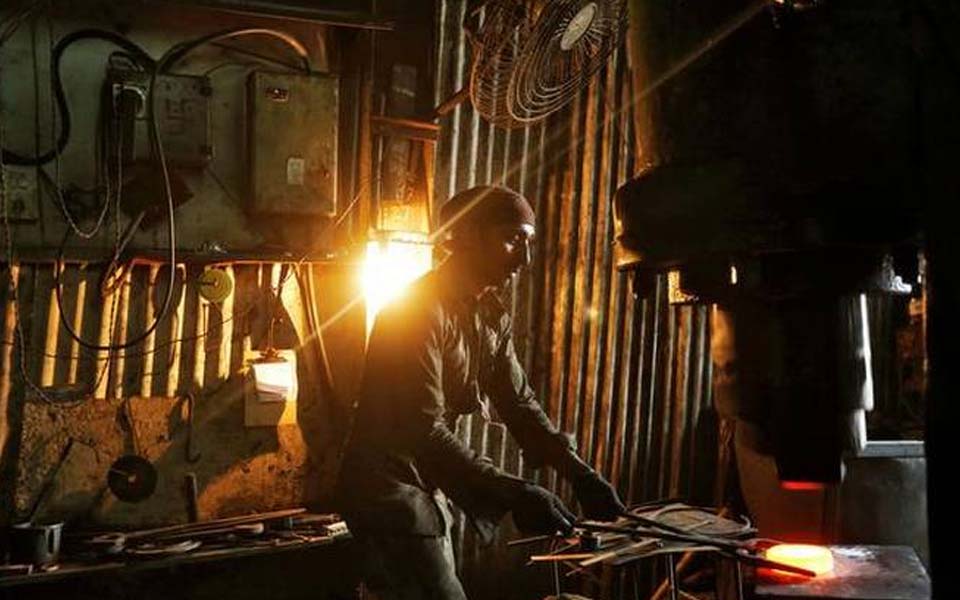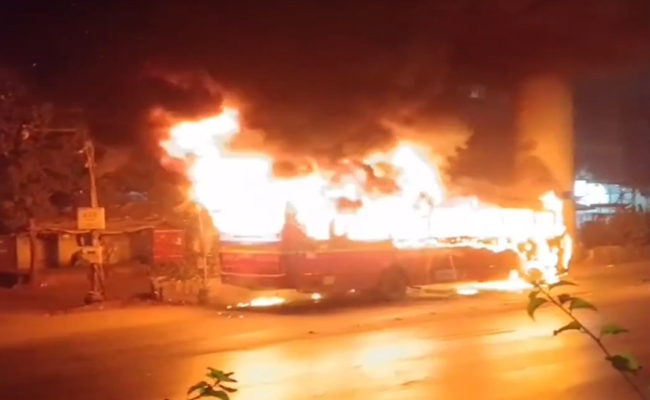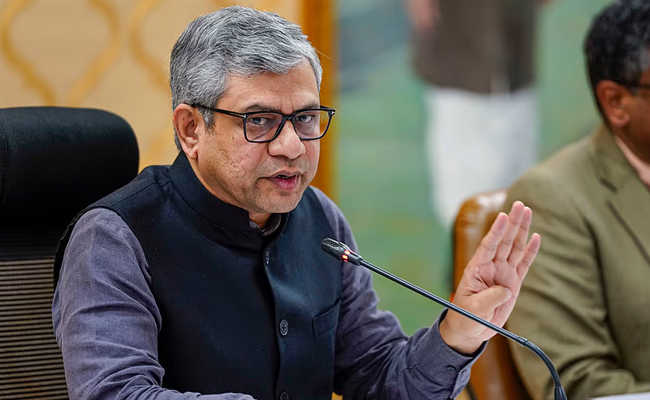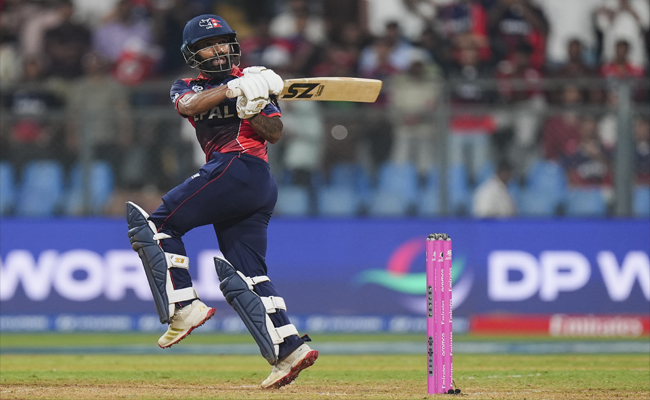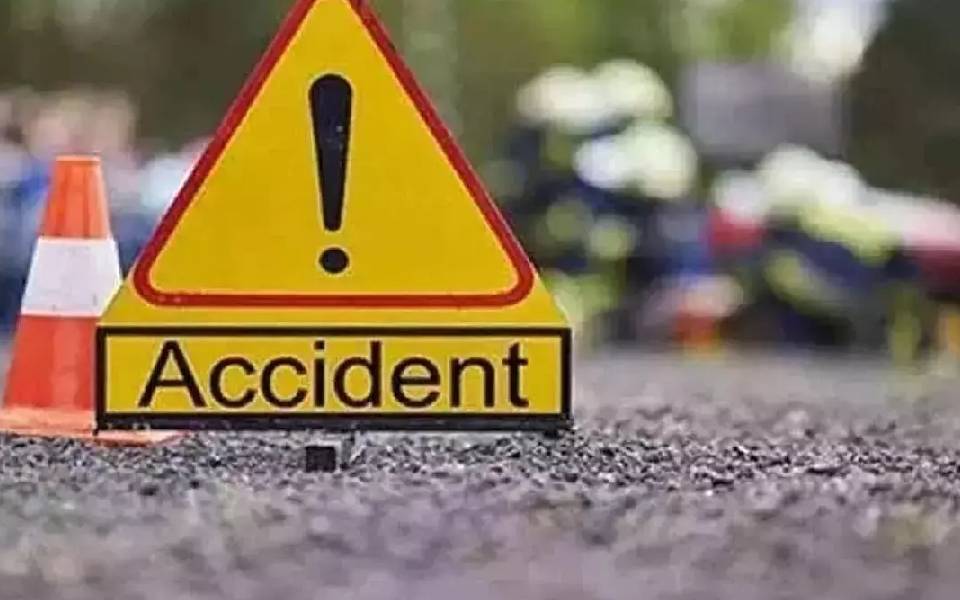New Delhi, Aug 9: India's industrial production growth slipped to a four-month low of 2 per cent in June, mainly due to poor performance of mining and manufacturing sectors, according to government data released on Friday.
Factory output, as measured by the Index of Industrial Production (IIP), had expanded by 7 per cent in June 2018.
The previous low in IIP growth was in February 2019, when it had inched up 0.2 per cent. Thereafter, IIP grew at 2.7 per cent in March, 4.3 per cent in April and 4.6 per cent in May this year.
According to data released by the Ministry of Statistics and Programme Implementation, industrial output grew at 3.6 per cent in April-June quarter this fiscal, down from 5.1 per cent growth a year ago.
There was a slowdown in the manufacturing sector, which grew at 1.2 per cent in June 2019 as compared to 6.9 per cent a year ago.
Capital goods segment, which is a barometer of investment, saw a contraction of 6.5 per cent in June compared to 9.7 per cent growth a year ago.
Mining growth dropped to 1.6 per cent in June from 6.5 per cent in the corresponding month of the last fiscal.
The expansion in power generation sector stood at 8.2 per cent, compared to 8.5 per cent earlier.
As per use-based classification, primary goods segment grew 0.5 per cent, intermediate goods 12.4 per cent and infrastructure/construction goods (-) 1.8 per cent in June 2019.
Consumer durables and non-durables recorded growth of (-) 5.5 per cent and 7.8 per cent, respectively.
In terms of industries, 8 out of 23 industry groups in the manufacturing sector have shown positive growth during June as compared to the same month a year ago.
The industry group 'Manufacture of basic metals' showed the highest growth of 17.7 per cent, followed by 16.5 per cent in food products and 10.3 per cent in tobacco products.
On the other hand, the industry group Manufacture of paper and paper products' witnessed the highest negative growth of (-) 19.9 per cent, followed by (-) 14.3 per cent in 'Manufacture of furniture' and (-) 13.9 per cent in 'Manufacture of motor vehicles, trailers and semi-trailers'.
Let the Truth be known. If you read VB and like VB, please be a VB Supporter and Help us deliver the Truth to one and all.
Mumbai (PTI): A bus operated by the Brihanmumbai Electric Supply and Transport (BEST) caught fire on the Western Express Highway in Mumbai's Kandivali area on Tuesday night, officials said.
Nobody was injured in the incident and all passengers were rescued safely, an official said.
"The blaze erupted in the CNG-run bus of the BEST near Sai Dham temple in Kandivali east. All passengers were safely evacuated and nobody was injured," he said.
Personnel of the police department and fire brigade were alerted, following which they rushed to the spot and launched a firefighting operation, he said.
As per the preliminary information, the fire started in the engine section of the vehicle.
Due to the incident, traffic on the Western Express Highway was disrupted for some time and vehicles were asked to use an alternative route, the official said.

